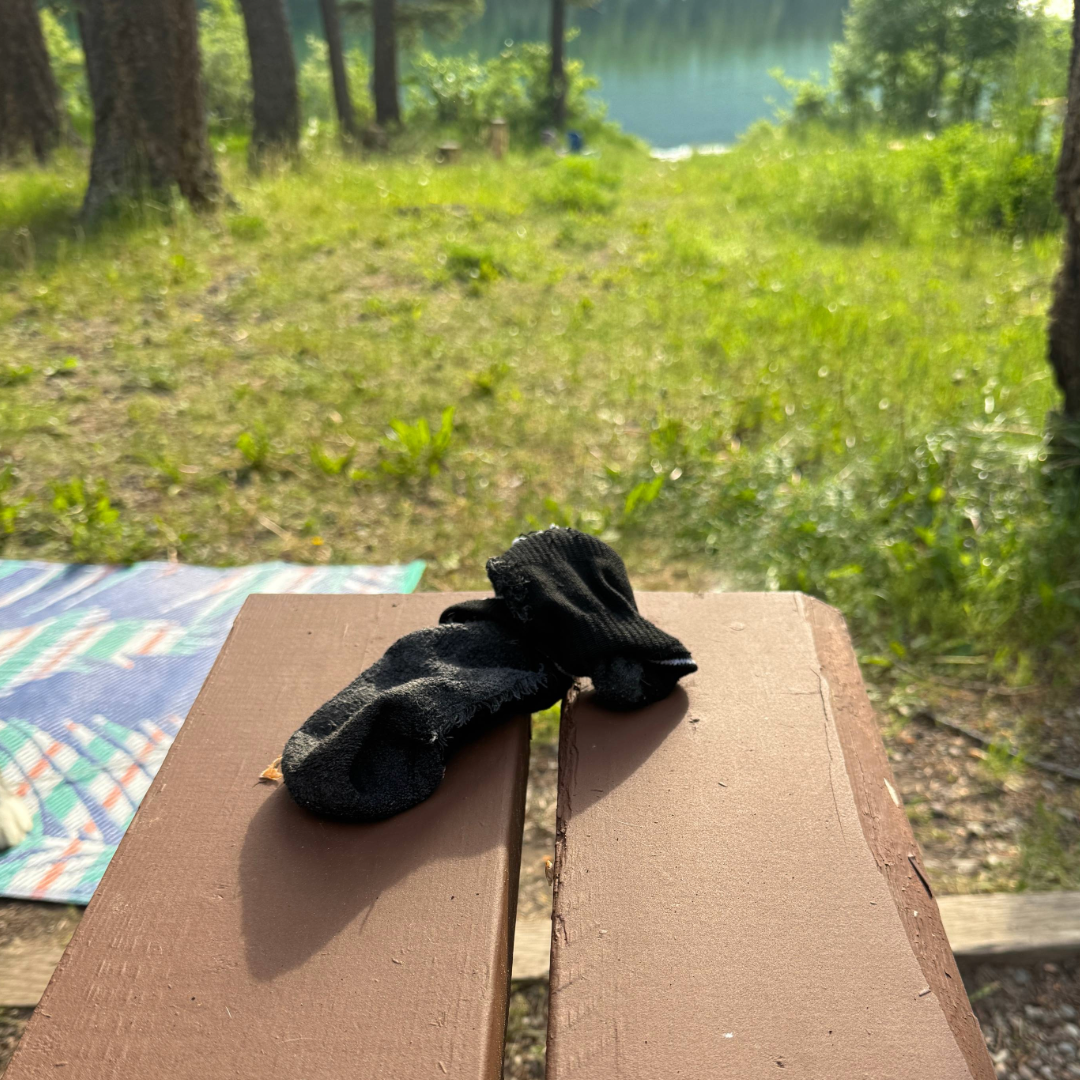CAMP Guide - Blog
a blog for professionals & caregivers who want to reclaim their resilience
Short reads. Big impact. This is where neuroscience meets practical support.
The CAMP Guide Blog offers actionable tools and insights to help professionals build resilience, prevent burnout, and lead with calm and clarity.
We write for:
Educators, clinicians, and caregivers on the front lines
Organizations seeking to strengthen staff well-being and culture
Anyone ready to build inner capacity — not just push through
Each post is rooted in the CAMP Framework and designed to offer clear, applicable strategies that support real-life challenges. Whether you need tools to regulate, reset, or realign — you’ll find them here.
Why We Created CAMP (and the Real Problem It Solves)
We’ve been trying to fix performance when the real problem is belonging. In this post, Dayna Haig-Conway shares why she created CAMP — a framework built on three belonging needs: connection, autonomy, and purpose. When those needs are met, people don’t just function—they thrive.
Women on the Frontlines: What We’re Really Carrying, and the Tools That Help
At our most recent community gathering, women spoke with striking honesty about what they’re carrying—burnout, resentment, invisible labor, and a longing for real change. Their stories revealed shared struggles that often go unspoken. This blog highlights the themes that emerged and provides practical tools, resources, and pathways forward for anyone seeking relief, renewed balance, or meaningful advocacy in their workplace or community.
What’s underneath the overwhelm?
When someone feels overwhelmed, the problem is rarely what they think it is. In this conversation with executive coach Gail McDonald, Dayna Haig-Conway explores how unmet needs, old beliefs, and emotional patterns shape burnout—and how awareness becomes the first step to resilience.
Lead the CAMP movement in your community...
Our first group of CAMP Coaches is graduating—and they’re ready to bring resilience workshops to communities across Canada. Learn how teachers, social workers, and caregivers are using the CAMP framework to create change—and how you can join the next Certification Course.
The one question every leader (and parent) should be asking
Most people don’t know how their behavior lands until they ask. At CAMP, we believe connection isn’t something we guess at—it’s something we assess. Discover 3 simple questions that create trust, motivation, and real connection at home, in classrooms, and in workplaces.
When Growth Feels Like Grief: Navigating Change with Integrity
Growth isn’t always expansion—it can feel like grief. When old beliefs, identities, or communities no longer fit, the shift can be disorienting. Here’s the neuroscience behind why change feels so hard, and a strategy to help you move forward with integrity and belonging.
Why They Don’t Want to Talk to You Makes Sense
Building trust with someone who doesn’t want to talk starts with safety, not words. Here’s why resistance makes sense—and what actually helps.
Don’t Let Burnout Creep Back In—Here’s What Helps
Burnout often eases in summer—but stress creeps back with shorter days, busy schedules, and shifting routines. Learn why fall can trigger burnout and discover simple, science-backed tools from CAMP to stay resilient and grounded this season.
The Type of Giving That Builds Your Resilience
Not all giving builds us up. When we give from depletion, we accelerate burnout. But when giving comes from choice, connection, and purpose—it fuels resilience. Discover the neuroscience behind giving that protects your mental health, and learn how to give differently this week.
Why Resilience Isn’t Always the Answer
Resilience is often praised in schools, healthcare, and parenting—but what if it sometimes misses the point? In this post, CAMP reflects on a conversation with Kerry Cavers of Moms Against Racism, exploring why true change means shifting from resilience to liberation, equity, and wholeness.
Resilience Isn’t Just Personal—It’s Professional Survival
Resilience isn’t just about pushing through—it’s about belonging. In this post, Dayna Haig-Conway explores how resilience for frontline workers must shift from enduring more hardship to building stronger connections and psychological safety. Discover how belonging protects your brain and heart, and why CAMP is redefining resilience as professional survival.
Rethinking Resilience: An Honest Look
Resilience isn’t always empowering—sometimes, it’s exhausting. In this episode, we talk with Kerry Cavers about equity, adversity, and redefining what it means to thrive. Liberation, not endurance, may be the path forward.
Real Resilience Starts With Rest
We often praise grit—but real resilience isn’t about pushing harder. It’s about aligning with your values, protecting your energy, and building motivation from a place of safety and purpose. This week’s reflection offers one simple way to reconnect with what matters most.
Are You Full From Within?
When you care deeply, it’s easy to forget yourself. But neuroscience shows that your ability to lead, connect, and respond calmly depends on your own well-being. This week, take 30 seconds to check in with yourself—because staying full from within isn’t selfish. It’s essential.
Want to Lead Better? Start Here.
Leadership isn’t just about strength or confidence—it’s about regulation. When your nervous system is calm, your brain can access empathy, clarity, and long-term thinking. This week’s strategy is simple but powerful: name what you’re feeling. Because true leadership starts from within.
Motivation Without Burnout? It’s Possible.
Pushing through isn’t the same as resilience. Motivation built on grit alone often leads to burnout. True motivation comes from safety, purpose, and belonging. Here’s how to reconnect with your values—and your spark.
The mindset shift that keeps strong leaders from burning out.
When emotions run high and outcomes are uncertain, leadership gets hard. Discover how self-validation helps you lead with more resilience, clarity, and compassion.
The real reason behind disorganization—and how to help without nagging
If your child constantly forgets things or melts down over missing items, it’s not defiance—it’s a skill gap. Learn why disorganization happens and how to help without nagging.
If Your Child Hits Bites or Kicks, Read This
If your child hits, bites, kicks, or pushes, it doesn’t mean they’re aggressive or “bad.” These intense behaviors are often signals of nervous system overwhelm—not defiance. In this post, we’ll unpack the neuroscience behind these actions and share practical, compassionate strategies to support your child in moments of dysregulation.
Sibling Fights: Stop playing referee—try this instead
Sibling fights can wear you down fast.
Whether it’s yelling over toys, bossy older siblings, or attention-seeking younger ones—most parents instinctively jump in to fix it fast. But here’s what we know from neuroscience and experience:




















